enzymes
How Did Antarctic Octopuses Thrive in Subzero Seas? Blue Blood and Cold-Adapted Enzymes Unveiled
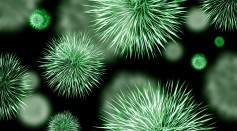
Antibiotic-Free Treatment For Resistant Infections? Scientists May Have Found a Potential Solution
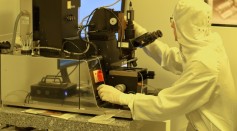
Targeting Enzymes May Help Nanosensors Check Cancer
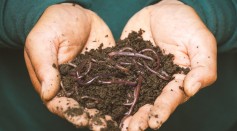
Plastic Eating Superworm Discovered by Australian Scientists; Worm Microbiome Could Hold Secrets to Higher Recycling Rates
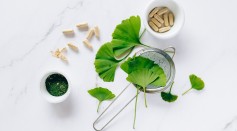
Importance of Antioxidants and Supplements Against Oxidative Stress Explained
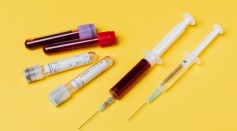
COVID-19 Severity, Death Associated With Patient Blood Type

Fitness Sensor Developed Using MXene Ultrathin Nanomaterials to Analyze Perspiration, Monitor a Person's Health
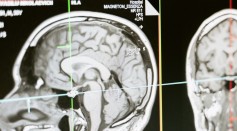
Neuroproteomes: New Method of Labeling Proteins in the Brain, May Benefit Therapy for Parkinson’s, Alzheimer’s Disease

COVID-19 Diagnostic Test Using Enzyme Being Developed in CRISPR-Based Research to Get Accurate Results in Just 20 Minutes
Shipworms Cause Ships to Sink, Wharves to Collapse; Mystery Remains for Thousands of Years

MIT Novel Cancer Diagnostic Urine Test Uses Nanoparticles to Detect and Locate Cancer Cells
Skin Releases Enzymes That Ignore Bacteria to Prevent Constant Inflammation
Antioxidant Enzyme Promising for Therapeutic Use, Researchers Say
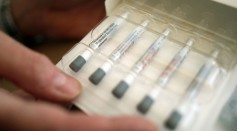
Inhaled Vaccines Show Effectiveness in Strengthening Immune Response in Mice, Primates
Most Popular

How Technology Is Changing the Real Estate Industry?

Study Reveals High Turnover in Scientific Research Careers: What This Means for Future Scientists

How a Plant-Based Diet Can Protect Against Breast Cancer: Insights from Nutrition Research

Nikolay Karpenko Biography, Photo, Career, Accomplishments





